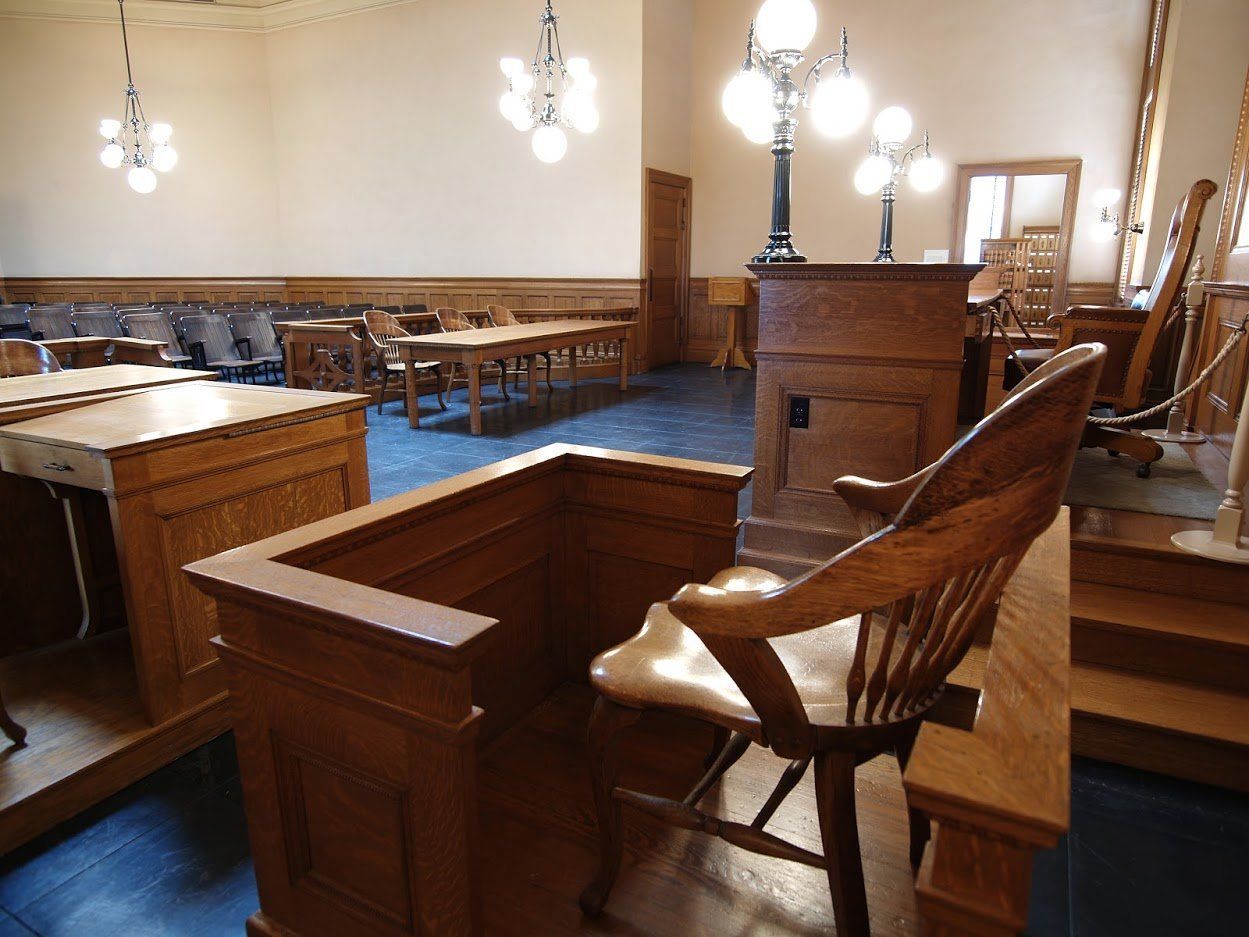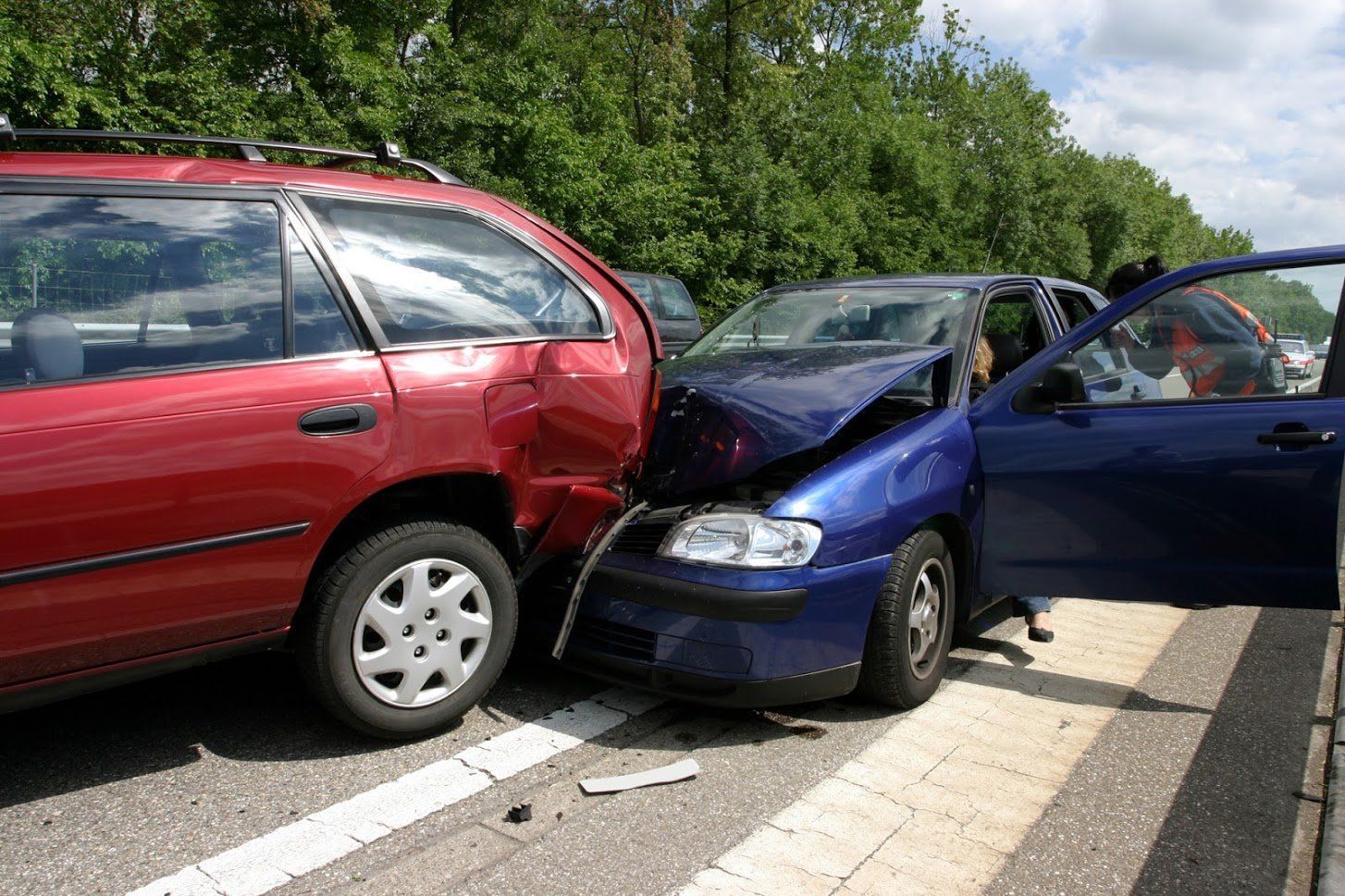The issue of a nondisclosure agreement (NDA) may crop up during your accident negotiations, especially towards the end. An NDA forbids both parties from disclosing confidential information about the settlement. An NDA might be good or bad, depending on your circumstances. These tips should help you if the NDA issue crops up.
Understand the Pros and Cons
The first tip is to understand the pros and cons of signing an NDA, especially to you. Below are some of the common advantages:
- An NDA allows you to keep your settlement private from those who would otherwise bother you.
- An NDA may net you get additional money.
- An NDA may help you avoid trial publicity.
As for the cons, an NDA might have the following
- Keep harmful practices away from the public eye, and others might suffer similar injuries.
- Get you into trouble if you violate an NDA, even accidentally.
Consider a case where a manufacturing plant has polluted local underground water, and you have suffered adverse health consequences as a result. An NDA might keep the pollution private, and others might suffer similar health consequences.
Whether or not an NDA is good depends on the prevailing circumstances. Discuss the potential benefits and disadvantages with your attorney to help you make an informed decision.
Negotiate
If you decide to sign an NDA, understand that most of its clauses are negotiable. Let your lawyer help you negotiate the best NDA possible for your case. Discover the major things to focus on during the negotiations.
Additional Settlement
You may negotiate some additional money, especially if the NDA request comes from the defendant. Some defendants offer additional settlements to entice injury victims into signing NDAs. The strength of the defendant's motivation and negotiation skills will determine how much additional money you can get.
Penalties
An NDA attracts different penalties. For example, the agreement might require you to return your settlement money if you violate the NDA. The penalties are usually negotiable. Negotiate with the defendant for an agreeable penalty.
Say the defendant requires a full refund of the settlement money in case of a violation. Ideally, negotiate for a partial refund for your protection. At worst, any monetary penalty shouldn't eclipse the settlement money.
Exceptions or Exclusions
You should also negotiate what the NDA covers or doesn't cover. For example, the NDA:
- Should allow you to discuss the settlement's details with close family members, such as your children
- Should not cover every detail of your injury case, but only the critical or essential details
- Should not cover publicly available information
Try to get an opt-in provision as opposed to an opt-out provision. An opt-in provision lists confidential information and assumes that any other information is not confidential. An opt-out provision specifies the non-confidential information and assumes that all other information is confidential.
Understand the Tax Implication
You should understand that the additional money you can get for signing an NDA might be taxable. Ordinarily, personal injury compensation is nontaxable. However, the government doesn't consider the additional settlement as compensation, so you may owe tax on it.
Read Before Signing
Lastly, never sign any legal contract without scrutinizing all its clauses, terms, and conditions. Read the entire NDA document even after you have negotiated and agreed on all the details. You must confirm that the document matches your agreement to the letter. Once you sign the document, it carries weight over any other verbal agreement you might have made.
Joe Owen has specialized injury law for over 20 years and is known throughout the New York State for his skills. The Owen Law Firm will review your case, including any proposed NDA, to help you get your damages and preserve your legal rights.
Contact us
for a free initial consultation to discuss your case.



